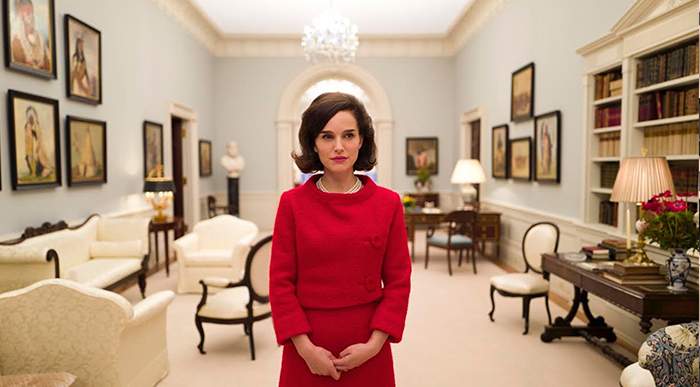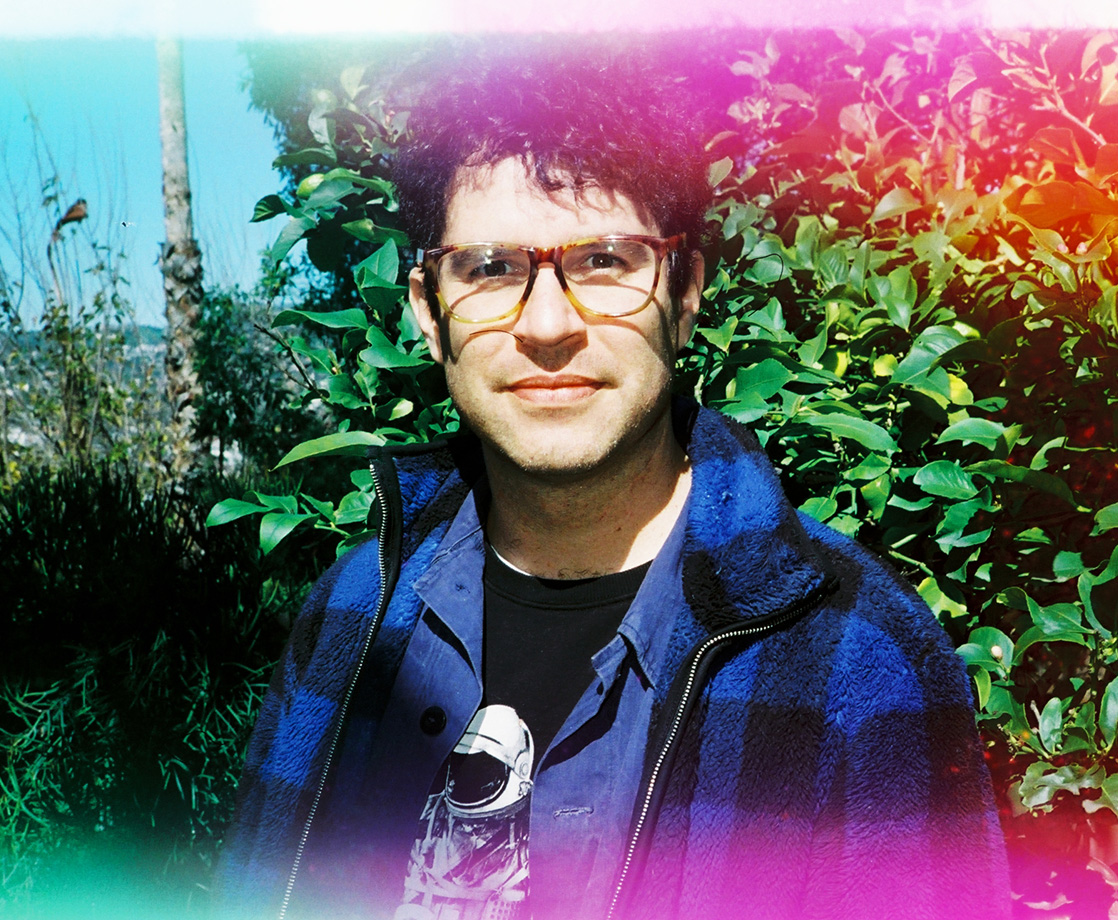It’s debatable whether the assassination of President John F. Kennedy is remembered more as an American tragedy or as a mass conspiracy. His death has been viewed countless times via the Zapruder film, mostly out of morbid curiosity, but also to search for clues to prove one theory or another. Perhaps we’ve become detached from reality as the decades have passed and our senses have dulled. Maybe it’s possible to forget that by the President’s side—in the line of fire—was First Lady Jacqueline Kennedy. No bullets struck her, but her life was shattered on Nov. 22, 1963.
Natalie Portman portrays the grieving widow in the new film Jackie, directed by Pablo Larraín and written by Noah Oppenheim. This is not a life-spanning biography, but rather a depiction of the horror-filled days surrounding the assassination in Dallas. From the opening frames, it’s apparent from her bloodshot eyes and blank stare that this is a haunted woman. We’ll soon discover through her candid yet carefully guarded interaction with a reporter (Billy Crudup) that she struggles with what seem like all the stages of grief all at once. Operating under a haze of sudden loss, she’s taken it upon herself to make grand-scale funeral arrangements, protect her children, and ensure the legacy of a fallen president on her terms. She’s overwhelmed, but strives to be perfect. Even so, she can’t help it when her unedited thoughts spill out, wondering out loud if she’ll die destitute, but also visibly bothered by having to hurriedly move out of the White House, which she had redecorated and shared with the nation during an insightful 1962 televised tour of the premises.
An educated woman, she is acutely cognizant of Abraham Lincoln’s stature in history in comparison to other slain but lesser-known presidents, James Garfield and William McKinley. Wishing to immortalize her husband, she goes so far as to base Kennedy’s funeral procession on Lincoln’s. Knowing that President Kennedy’s shortened time in office and his difficulty handling the Cuban Missile Crisis might relegate him to a footnote, she seeks to romanticize his presidency by pointing out in the interview JFK’s love for the Broadway musical Camelot, shrewdly invoking the mythological base of King Arthur’s realm as a way to associate Kennedy and his administration with a heroic, larger-than-life method of doing things.
Clearly, Mrs. Kennedy is hyper-aware of the power of the press and television. That’s why she refuses to change her bloody clothes she wore at the crime scene, so as not to lessen the impact of what has happened. It’s also why she goes through with the elaborate funeral procession even though danger could lie ahead. It’s her duty to her country to send a message that we must rise above cowardly displays of violence.
She also attempts, whenever she can, to control “the divide between what people believe and what I know is real.” It’s a statement with a potential double meaning. Jacqueline Kennedy, who passed away in 1994, knew better than most how it is possible to shape perception over reality. And what we know of her is what she wanted us to know; she was a very famous yet private person who rarely ever talked publicly about her past for the last 30 years of her life.
In Jackie, we see flashes of her strength—we’re reminded of a previous miscarriage she had as well as the son who died 39 hours after being born. We also see she was not above vanity. She admits that the pageantry of her husband’s funeral was partly for her own ego.
Portman deftly captures Kennedy’s wide range of emotions that are constricted by the dignified air of her surroundings. Her intelligence and strong will shine through. But the actress’ interpretation of Jacqueline Kennedy’s breathy Mid-Atlantic accent, which is, admittedly, a difficult characteristic to replicate, might be jarring for some audiences. (As far as the rest of the cast, Caspar Phillipson has an uncanny resemblance to JFK, while Peter Sarsgaard looks more like Richard Nixon than Bobby Kennedy.)
Jackie is, of course, a somber affair. But it radiates a strange, elegant beauty that surfaces when someone deals straight on with pain and sorrow. The exemplary work of director of photography Stéphane Fontaine gives the film a grainy and rich yet slightly grey texture, creating an idealized ’60s overcast with impending doom. In a memorable scene, Portman is wiping tears and blood from her face, and here we get the full scope of an American tragedy that the Zapruder film could never give us. We get something immensely personal. We feel the sorrow of a wife, mother, First Lady, and, ultimately, a nation.











